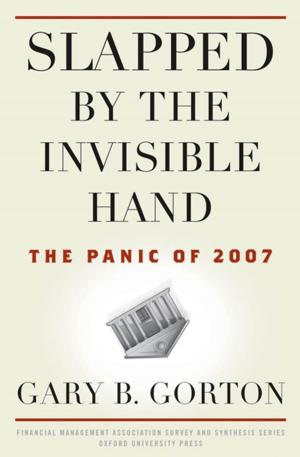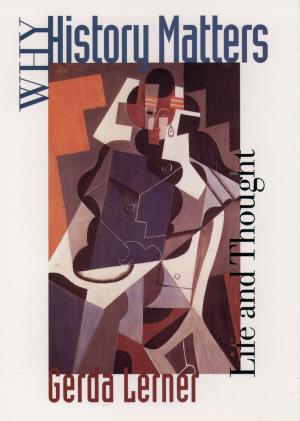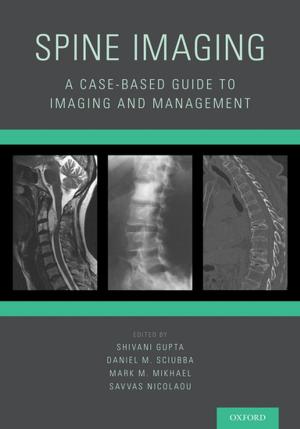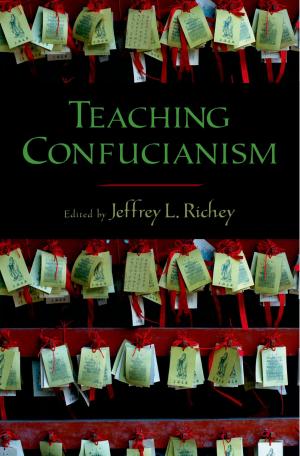Freud's India
Sigmund Freud and India's First Psychoanalyst Girindrasekhar Bose
Nonfiction, Religion & Spirituality, Reference, Psychology of Religion, Eastern Religions, Hinduism, Philosophy| Author: | Alf Hiltebeitel | ISBN: | 9780190878399 |
| Publisher: | Oxford University Press | Publication: | August 7, 2018 |
| Imprint: | Oxford University Press | Language: | English |
| Author: | Alf Hiltebeitel |
| ISBN: | 9780190878399 |
| Publisher: | Oxford University Press |
| Publication: | August 7, 2018 |
| Imprint: | Oxford University Press |
| Language: | English |
The sharp contrast between cultures with a monotheistic paternal deity and those with pluralistic maternal deities is a theme of abiding interest in religious studies. Attempts to understand the implications of these two vast organizing principles for religious life lead to an overwhelmingly diverse set of facts and their meanings. In Freud's India, the companion volume to Freud's Mahs-- Sigmund Freud and Girindrasekhar Bose. Hiltebeitel examines the attempts of these two men to communicate with and understand each other and these issues in the heated context of emotionally divisive allegiances. The book is elegant in its nuanced attention to these two thinkers and its tightly controlled exploration of what their interactions reveal about their contributions and limitations as representatives of the psychology and religion of their respective cultures. Anxieties about mothers, says Hiltebeitel, separate Eastern from Western imaginations. They separate Freud from Bose, and they separate Hindu foundational texts from the foundational texts of Judaism.
The sharp contrast between cultures with a monotheistic paternal deity and those with pluralistic maternal deities is a theme of abiding interest in religious studies. Attempts to understand the implications of these two vast organizing principles for religious life lead to an overwhelmingly diverse set of facts and their meanings. In Freud's India, the companion volume to Freud's Mahs-- Sigmund Freud and Girindrasekhar Bose. Hiltebeitel examines the attempts of these two men to communicate with and understand each other and these issues in the heated context of emotionally divisive allegiances. The book is elegant in its nuanced attention to these two thinkers and its tightly controlled exploration of what their interactions reveal about their contributions and limitations as representatives of the psychology and religion of their respective cultures. Anxieties about mothers, says Hiltebeitel, separate Eastern from Western imaginations. They separate Freud from Bose, and they separate Hindu foundational texts from the foundational texts of Judaism.















